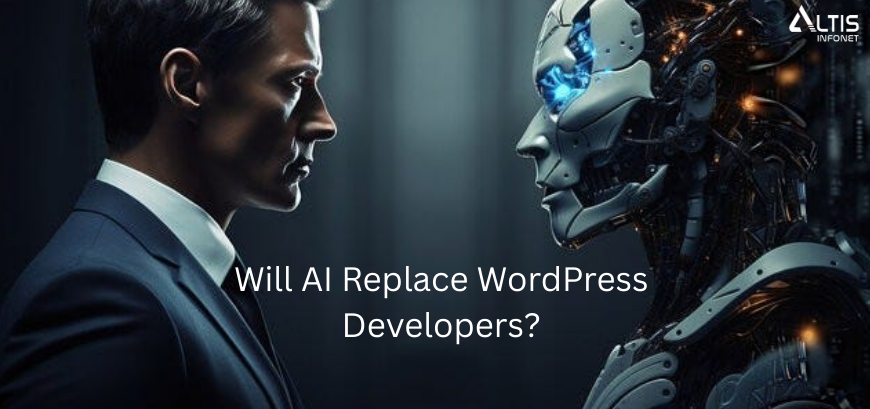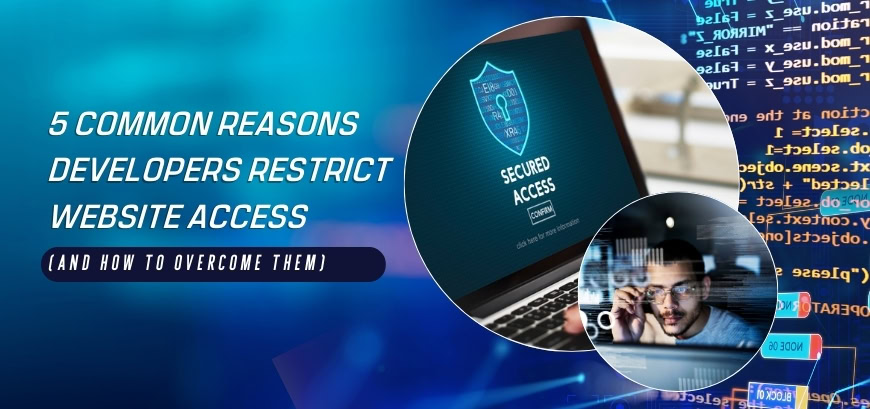Ensuring the security and integrity of data in backend systems has become a top priority for businesses and organizations all over the world as a result of the rapidly changing digital landscape. Traditional centralized databases have been common; however, they have security flaws. A revolutionary force that is changing the backend infrastructure is this technology. We will look at how blockchain is changing backend operations and ushering in a new era of security and data integrity in this blog post.
Table of Contents
Blockchain: Dispelling Myths
Blockchain is a decentralized ledger technology that is frequently linked to digital currencies like Bitcoin but whose applications go far beyond virtual currency. It is fundamentally a distributed database that securely, openly, and impenetrably logs transactions across numerous nodes.
Key attributes of blockchain technology:
- Decentralization: A single point of control is removed thanks to the distribution of data throughout a computer network. Data manipulation by any entity is extremely challenging as a result of this decentralization.
- Immutability: Data that has been stored on this cannot be changed or removed after it has been added. The integrity of the data is ensured by its immutability.
- Transparency: In this network, all users have access to the same data. Transparency in transaction recording encourages accountability.
- Security: It is extremely resistant to cyberattacks because it uses cryptographic techniques to encrypt data and regulate access.
How Blockchain Transforms Backend Operations
- Unmatched Security: Strong security is what makes blockchain technology so appealing. Due to their centralized structure, traditional backend systems are vulnerable to hacks, whereas its decentralized architecture is inherently hacker resistant. A chain of information cannot be broken because each block of data is cryptographically linked to the one before it.
- Integrity of the data: For backend systems, ensuring data integrity is crucial. Data in a this is virtually impossible to alter after it has been added. since of this, blockchain technology is favored for use in applications like financial transactions and the storage of medical information since it ensures that the data is reliable.
- Smart Contracts: Smart contracts—agreements that self-execute and have their conditions recorded in code—are a new invention brought forth by blockchain. These agreements eliminate the need for middlemen and lower the possibility of disagreements by automating and enforcing corporate norms. Smart contracts economize on overhead for backend systems by streamlining operations.
- Accountability and Transparency: Blockchain is known for its transparency. This network allows for real-time access to the same data by all users. This not only boosts confidence but also streamlines auditing procedures, making it simpler to monitor and confirm transactions.
- Eliminating Middlemen: In many backend operations, middlemen could be removed via this. Faster and more affordable transactions might be beneficial for sectors like finance and real eFaster and more affordable transactions might be beneficial for sectors like finance and real estate.
- Collaboration between organizations: Multiple enterprises can securely collaborate on blockchain networks since they can be permissioned. Since various parties must communicate data while upholding data integrity in supply chain management, this is especially helpful.
Challenges and Considerations
While blockchain promises revolutionary changes for backend systems, it comes with challenges and considerations, including:
- Scalability: These networks may become slower and more expensive to run as they expand. To solve this problem, approaches like layer 2 scaling and sharding are being developed.
- Compliance with Regulations: When deploying this technology, regulatory obstacles may need to be overcome depending on the sector and area.
- Consumption of energy: Some blockchain networks, like the one used by Bitcoin, use a lot of energy. This is an issue that affects the environment and needs attention.
- User Acceptance: It can be necessary to educate users and stakeholders who are unfamiliar with blockchain technology before integrating it into backend systems.
Conclusion
The increased security, data integrity, and transparency offered by blockchain technology is fundamentally changing how backend operations are conducted. It provides a reliable solution for sectors like banking, healthcare, and supply chain management that depend on reliable and impermeable data. The advantages of blockchain in backend systems are apparent, notwithstanding the difficulties. We may anticipate broad adoption as the technology develops and creative use cases that further highlight its benefits in securing data and enhancing business procedures. The blockchain revolution is just getting started, and in the coming years, its influence on backend operations will only increase.
Seeking an Outcome-Oriented Digital Marketing Firm?
Altis Infonet Pvt Ltd is a Web Development and Digital Marketing company with a focus on client servicing through knowledge-based solutions. Our team of experts will help make your digital dreams come true!





